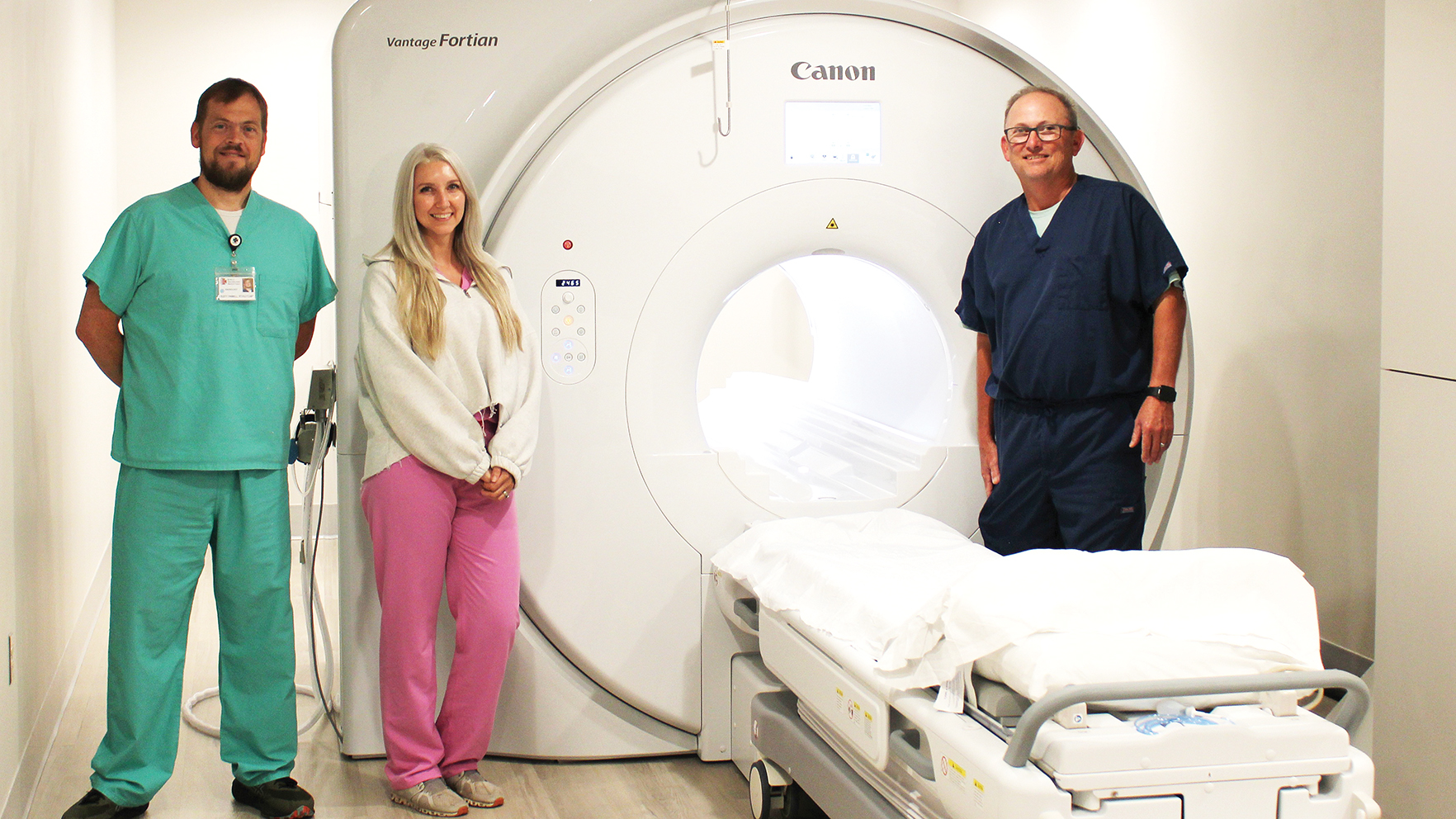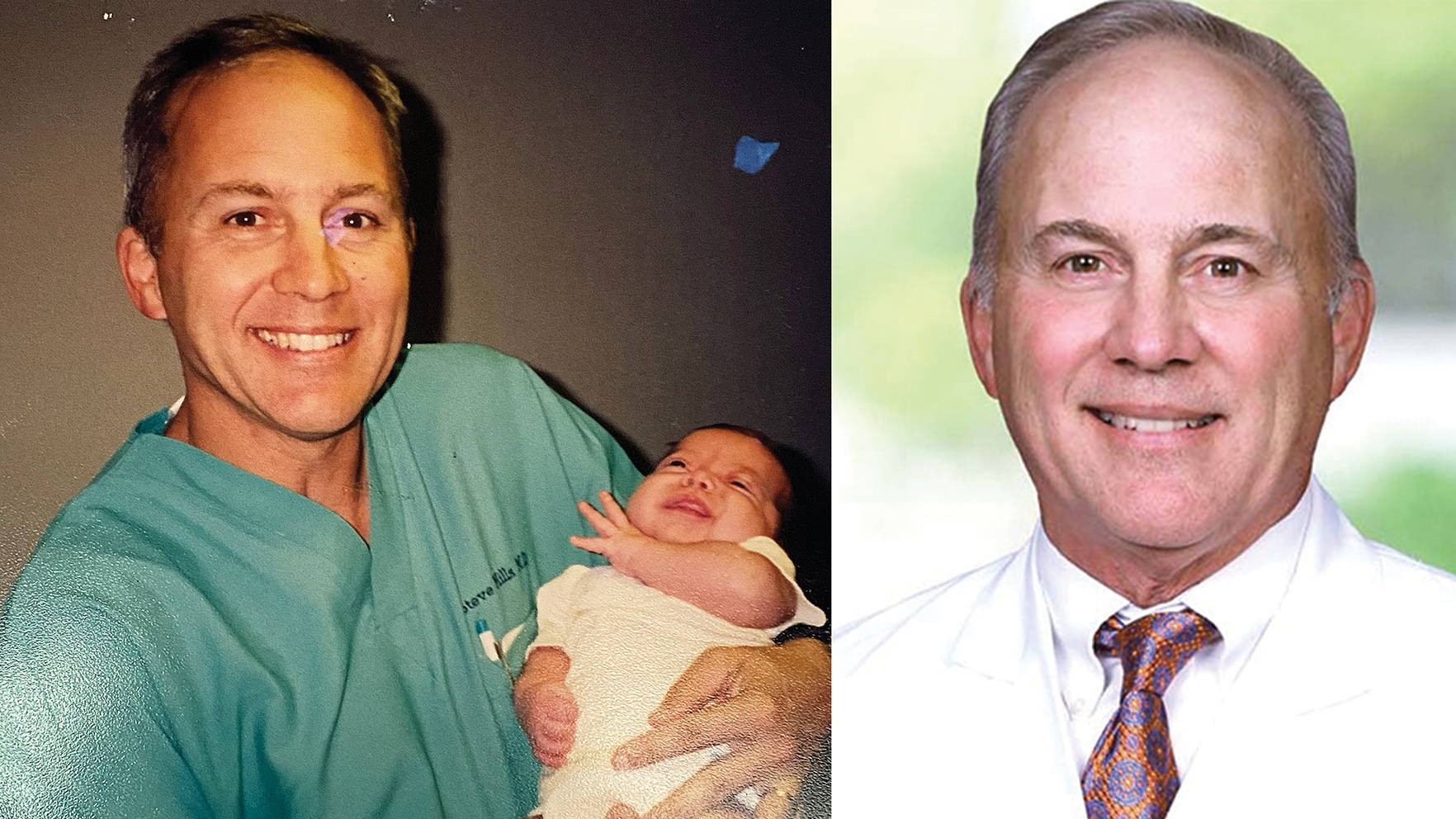“The working people have been kicked to the curb. They’re not in the back rooms when the deals are made at the Legislature,” Hood said Monday at a public affairs forum in Jackson.
“The Legislature needs to be opened up. It needs to be more transparent. It needs to be subject to the Open Records Act so the people will know who’s lobbying our legislators,” Hood said. “Working people just haven’t been at the table, and I want to be the governor for the working people.”
Republicans have held the Mississippi governorship for four of the past five terms and have controlled both chambers of the Legislature since the 2011 election. Second-term Lt. Gov. Tate Reeves and first-term state Rep. Robert Foster are in the Republican primary for governor.
Trending
Hood is in his fourth term as attorney general and is the only Democrat holding statewide office in Mississippi. He will face at least one opponent, retired Jackson State University employee Velesha P. Williams, in the Democratic primary for governor.
Candidates have a March 1 deadline to qualify for statewide, regional, legislative and county races. Primaries will be held in August, and the general election in November.
Reeves and Hood are the heavyweights in the governor’s race, having raised much more money than their opponents. Candidates’ most recent finance reports showed Reeves had $6.7 million in his campaign fund at the end of 2018, and Hood had just over $1 million. Foster had $12,300 and Williams had $1,379.
Hood spoke Monday at a forum sponsored by Mississippi State University’s Stennis Institute of Government and the Capitol press corps.
“The key difference you’ll see in the fall is who fights for working people — people that work every day, pay their taxes, follow the rules, go to church. Those people,” Hood said. “Or, do we fight for large out-of-state corporations that give huge campaign contributions. … You see where this program has gotten us, doing what we’ve been doing for 16 years now.”
Reeves said at a Stennis forum in January that “the largest tax cut in Mississippi history,” enacted under Republicans in recent years, is helping the state. Reeves also has said his priorities are improving results in education and having fiscally responsible government and tax policies that encourage economic growth.
Trending
The state Republican Party said Monday on Twitter that Hood “has been the AG for wealthy trial lawyers.” Hood has faced criticism for years for using private attorneys to represent the state in lawsuits against corporations. He has said the private lawyers are taking risks and helping the state recover money.
Hood said Monday that costs of food, health care and college tuition have increased while wages have been stagnant. He also said Mississippi has experienced slower economic growth than other states, including some in the Southeast.
He sharply criticized Republican leaders for not expanding Medicaid, which is an option under the federal health care law that then-President Barack Obama signed in 2010.
Medicaid is paid by state and federal money. Republican leaders have said Mississippi cannot afford to expand the program, which already covers about 22 percent of the state’s nearly 3 million residents. Hood said the state is losing $1.2 billion a year, and rural hospitals are struggling.
“The only reason we have not accepted that federal money is just raw, pure, partisan, petty politics,” Hood said.
He did not give details of how much money he wants to put into early childhood education or how he would propose reducing taxes on groceries.





